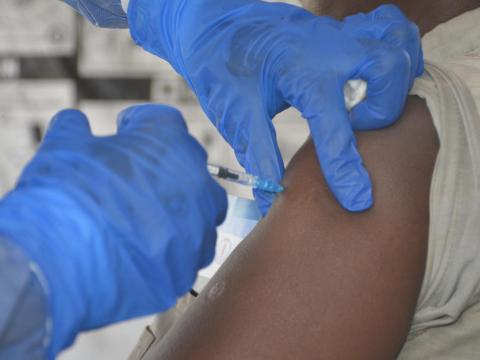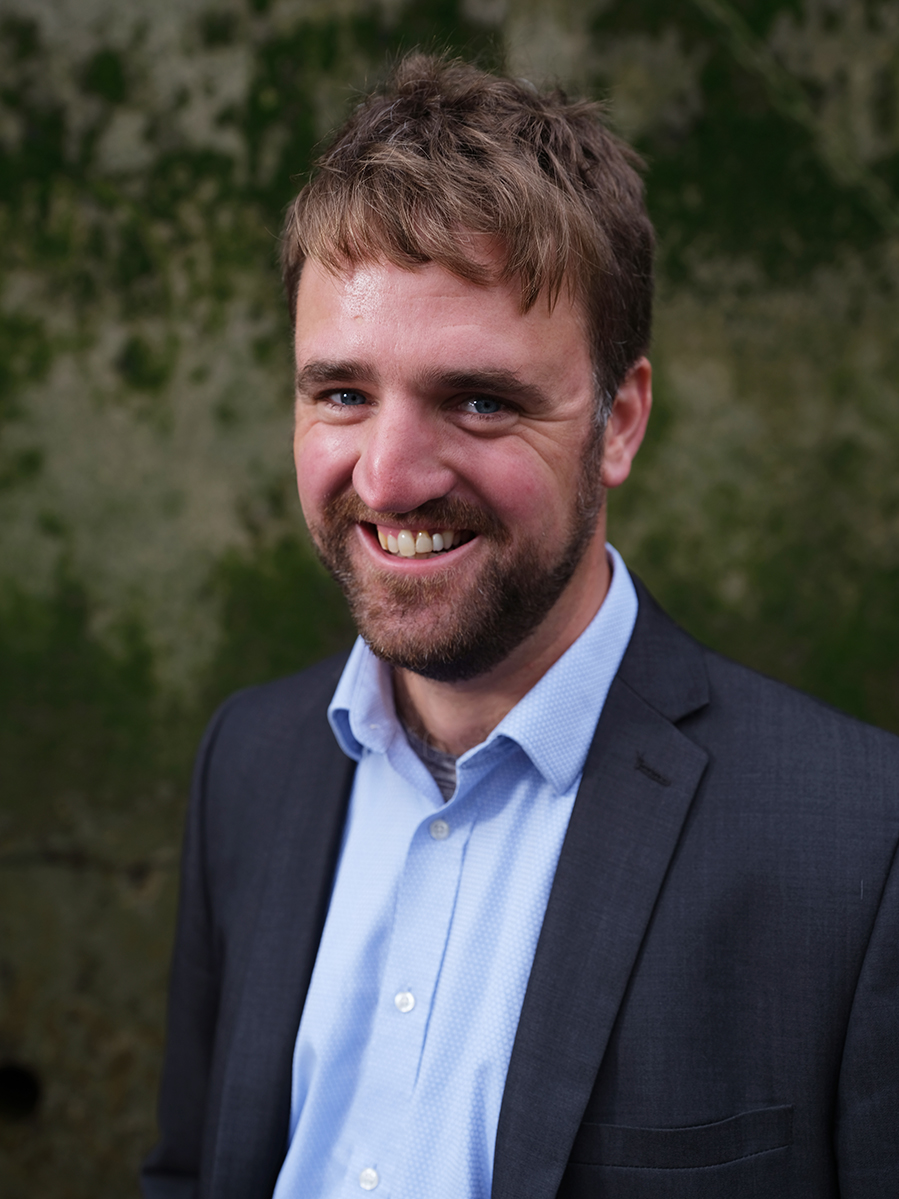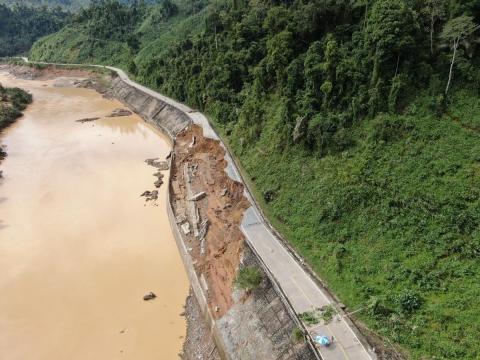
GLOBAL POLICY: Two key components to beating COVID-19
By Johan Eldebo and Anne-Marie Connor
First published here
Amidst the COVID-19 headlines that surround us every hour of the day, it is easy to forget that we have already contained a deadly virus through community engagement and vaccine development and distribution this year.
This happened in one of the more complex areas of the world, through collaboration between local and international communities, and through cultural understanding and great scientific progress, including vaccine development and distribution. That virus is Ebola, and that outbreak was in North Kivu, the Democratic Republic of the Congo.
Granted, COVID-19 is a different virus than Ebola. Yet there are relevant lessons to be learnt even though at the time of writing this in December 2020 it appears likely that there is light at the end of the COVID tunnel.
Several promising and much awaited vaccines are on the horizon and lessons from the handling of the Ebola crisis can make their distribution more safer, more equitable and available for those who need it most, particularly the most vulnerable in fragile contexts.
Firstly, a key lesson is listening to affected local communities. Listening well and listening early.
That has helped World Vision put COVID-19 into perspective. It is a terrible disease, but it is not the only problem in town, and in many parts of the world it is not even the primary one, as local communities in places such as the DRC are telling us during our recent Good Enough Online Context analysis for Rapid Response "GEOCARR" context analysis.
Through the GEOCARR, World Vision spoke with staff members, partner agencies and communities across three provinces in the East to hear their perspectives on current and coming needs, and likely scenarios for humanitarian action. From those conversations we heard that while the COVID-19 pandemic will have a direct impact on a society with a fragile health system, the economic impact is likely to be felt much more. This in turn is likely to lead to crime and insecurity. And in addition to this, eastern DRC is likely to suffer from natural disasters such as flooding and droughts as is common, as well as other disease outbreaks such as malaria and measles. Those diseases are too many of more concern than COVID-19, as they affect young children more.
This reiterated the point that while COVID-19 is arguably the most disruptive global pandemic, at the local level in parts of Africa measles has caused more suffering. Moreover, a lack of clean water may be a bigger concern for a village with an average age of 20 than a virus that mostly affects elderly people. People displaced by conflict may also be more concerned about chronic poverty or an advancing armed group than viral diseases.
Listening to communities should be a critical component of agencies’ ongoing and local level context analyses and monitoring, especially given the current level of uncertainty. It will help manage and tolerate the inevitable ambiguity that will be with the world for the foreseeable future and incentivise good decisions.
Secondly, we have learnt that responses to disease outbreaks must be holistic and long-term.
Vaccinations are important, but are not in themselves a panacea. In much of Africa the secondary impact of COVID-19 is likely to be more deadly than the virus. In short, the resulting increase in poverty, which by extension often means food insecurity, will likely lead to widespread malnutrition. This is especially concerning for children under 5 as it increases their vulnerability to other more common diseases such as measles and malaria. It also found that 66 million children may fall into extreme poverty this year. This is in a world where 55% of the population lack the protection of a social safety net.
Increased crime and conflict are also likely consequences, which in turn greatly impacts those living in places where the state is unable or unwilling to provide security. Indeed, as is widely reported, government budgets will struggle, and debt relief to enable basic services to function will be essential. As family budgets also suffer, children often pay a prices as well. one example from World Vision research being that 27% of children in Southern Africa fear an increase in early marriage, driven partially by the economic challenges
So, it is clear that COVID-19 will require a coherent and holistic approach, grounded in long-term cooperation. For aid organisations this is a key moment to look beyond the immediate crisis to the long-term, including to ensure that all the opportunities as well as risks to communities, staff and logistics are identified and managed.
Thirdly, local leaders and public authorities hold a key to reaching and helping the most vulnerable.
The Ebola virus was contained through many combined efforts, including significant behavioural changes as well as health care provision and a vaccine. All of them require acceptance by local communities, and behavioural change is often best achieved through locally accepted leaders and authorities who champion it because they believe in it. World Vision has trained close to 100,000 community health workers this year on COVID-19 management. Given the enormous complexity involved with the likely coming cold-chain management challenges, their early involvement will be essential to a successful roll-out of a vaccine.
This requires relationships built on trust over time and will likely be crucial to an effective COVID-19 vaccination campaign. As we have seen with the Ebola experience, insufficient acceptance can have significant security risks for health workers, humanitarians and communities who then maybe don’t seek other health treatment. It is therefore essential to first understand those risks through collaborative context analysis and security risk management, and then mitigate and manage those risks through local relationships. This is often difficult but also crucial in contexts that are more fragile, which are also those with larger needs.
Local public authorities, such as faith leaders, community elders and other public and government authorities should be involved in the COVID-19 vaccination campaigns early on to prepare communities for what is to come. World Vision’s experience of working with local faith leaders through our Channels of Hope methodology demonstrated their power in West Africa and in DRC. Local leaders often hold the key to their communities and can either help or hinder efforts by international agencies. They can be great allies, and they will be there long after an aid effort is finished. It is therefore critical that local communities and their leaders are included in decision-making, as aid projects risk missing their targets, failing, and even causing harm and conflict otherwise.
Faith leaders were key avenues to influence their communities to learn about the virus, how it works and how to avoid and treat it. Alongside medical staff and humanitarian workers, it is important to acknowledge that faith and local leaders are not the only entry point for influencing communities’ behaviour, nor do they always playing a positive role. Nevertheless, they are often one of the most trusted voices. They can also help humanitarians earn the acceptance of communities, and enable them to operate well and safely.
In sum, the Ebola experience was hard, but it taught us many valuable lessons. We have had to learn that the world is an uncertain place, and we cannot for sure know what will happen tomorrow. Yet, it has also reminded us of the power of local resilience and how much can be achieved through collaboration with local leaders and global support during uncertainty. It also showed us that deadly viral diseases can indeed be beaten.
It all starts with listening to the right people to protect the most vulnerable.
Johan Eldebo is World Vision's Regional Security Director for Southern Africa. Follow Johan on Twitter @johaneldebo
Anne-Marie Connor is World Vision's National Director for DRC. Follow Anne-Marie on Twitter @AnneMarieConnor


